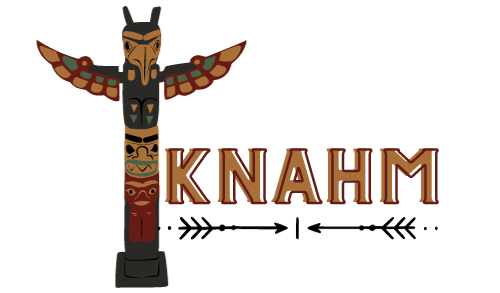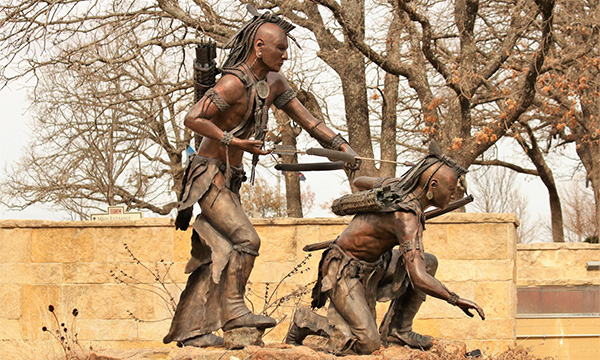The Chickasaw Tribe is one of the most storied and resilient Native American tribes in the United States.
Their history is a remarkable feat of strength, strategic alliances, and cultural achievements.
Let me show you some interesting facts you should be aware of when discussing the Chickasaw tribe.
1. Geographical Location and Culture
The Chickasaw Tribe originally resided in the Northeast region of Mississippi, an area characterized by its fertile soil and countless waterways.
That location enabled them to thrive as a society, engaging in agriculture, hunting, and fishing.
The Chickasaw were an integral part of the Mississippian Culture, renowned for its advanced societal structures and impressive architectural feats.
One of the most significant aspects of this culture was mound-building, a practice that involved constructing large earthen mounds for several purposes, but mainly:
- Ceremonial
- Religious
- Elite residential purposes
The Chickasaw’s cultural practices were deeply intertwined with their environment.
They developed sophisticated methods of agriculture, cultivating crops such as corn, beans, and squash, which formed the staple of their diet.
They were skilled hunters, known for their prowess in tracking and capturing game.
The natural resources of their homeland also provided materials for:
- Crafting tools
- Weapons
- Pottery
Socially, the Chickasaw were organized into matrilineal clans, meaning descent and inheritance were traced through the mother’s line.
2. Interaction with Hernando De Soto
In the mid-16th century, the Spanish explorer Hernando De Soto embarked on an expedition through the southeastern United States, seeking riches and new territories.
In 1540, De Soto and his forces encountered the Chickasaw.
Initially, interactions between the Spanish and the Chickasaw were cautious and tentative. However, tensions quickly escalated due to De Soto’s demands for provisions and his aggressive demeanor. The Chickasaw warrior decided to take a stand against the Spanish invaders.
In a daring and decisive move, they launched a nighttime assault on De Soto’s encampment.
The attack was a resounding success, forcing De Soto and his men to retreat in disarray. This event also exemplified the broader resistance of Native American tribes against European encroachments during the early periods of contact.
For the Chickasaw, the victory over De Soto became a symbol of their resilience and strategic ingenuity, traits that would continue to define their interactions with other European settlers in the centuries to come.
3. Conflict with the Choctaw Tribe
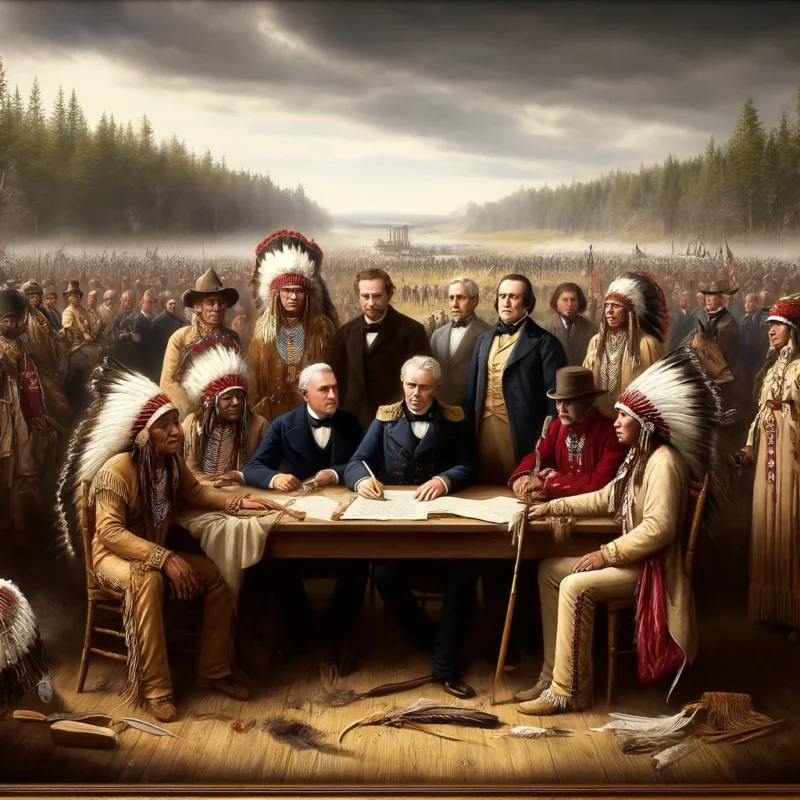
The Chickasaw and Choctaw tribes, despite their close geographical proximity, often found themselves in conflict, particularly during the 18th century.
The English, seeking to establish a foothold in the southeastern region of North America, forged alliances with the Chickasaw by trading weapons and other goods. Armed with English muskets, the Chickasaw began to launch more frequent and devastating raids against the Choctaw.
These raids were part of a broader strategy to expand their influence and control over key resources and trade routes. The conflict between the Chickasaw and Choctaw was characterized by fierce skirmishes and a relentless struggle for dominance.
The Chickasaw, leveraging their superior firepower and strategic alliances, typically emerged victorious in these encounters.
The hostilities with the Choctaw were not merely territorial but were also influenced by the larger geopolitical dynamics of the time. The French, who were allied with the Choctaw, opposed the English-backed Chickasaw. This resulted in a proxy war of sorts, with both European powers supplying their respective
Native American allies with weapons and support. Despite the conflicts, there were periods of uneasy peace and negotiation between the Chickasaw and Choctaw.
These moments of diplomacy, however, were often short-lived, as the underlying tensions and competition for resources persisted.
4. Loyalty to the United States
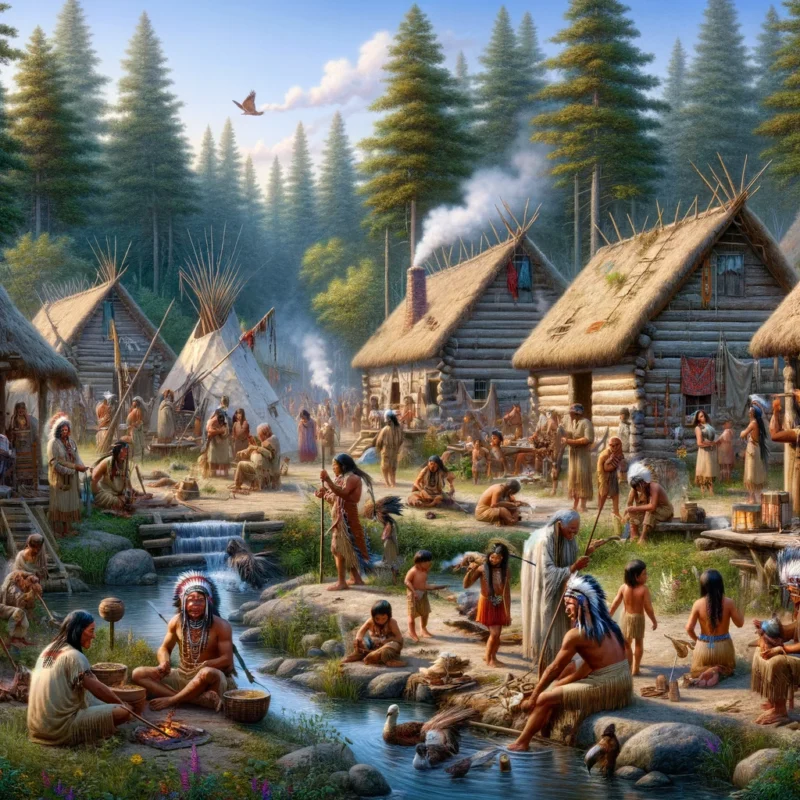
The Chickasaw Tribe’s relationship with the emerging United States was complex but marked by a notable sense of loyalty and strategic alliance.
During the Revolutionary War, the Chickasaw sided with the American colonists against the British.
The decision was influenced by their longstanding trade relationships and alliances with English settlers, as well as their opposition to French influence in the region.
The Chickasaw provided crucial support to the American cause, utilizing their knowledge of the land and their warrior skills to assist in military operations.
One of the most significant contributions of the Chickasaw came during the Battle of Fallen Timbers in 1794.
This decisive conflict between American forces and a confederation of Native American tribes was crucial for the future of the Northwest Territory. In subsequent years, the Chickasaw continued to support American interests, participating in various military campaigns and negotiations.
Their loyalty, however, was not without cost. Despite their contributions, the Chickasaw, like many other Native American tribes, faced numerous challenges and betrayals from the U.S. government.
The Chickasaw’s loyalty to the United States during these formative years is a testament to their strategic foresight and commitment to their allies.
5. Role in the Civil War
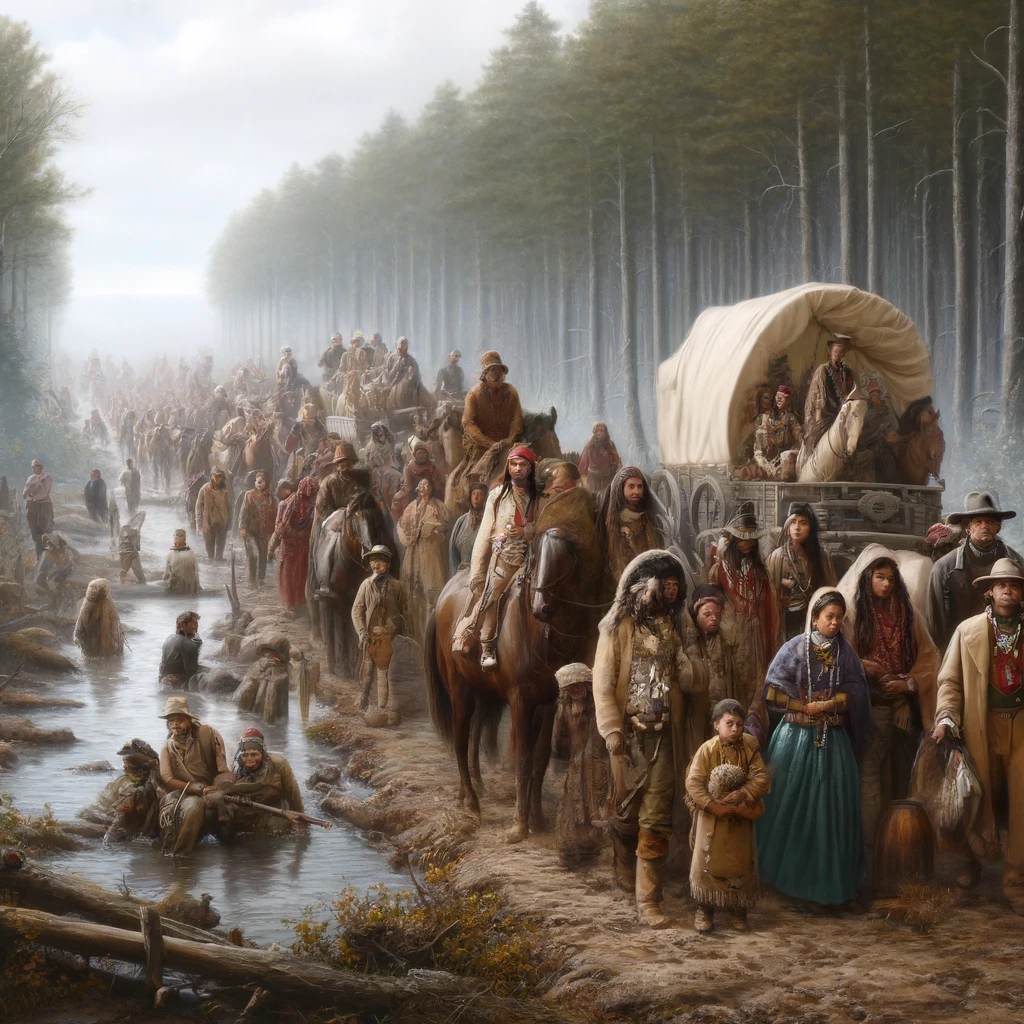
The Civil War (1861-1865) presented a significant challenge for the Chickasaw Tribe, as it did for many Native American groups.
The Chickasaw, disillusioned by the continuous breach of treaties and unfulfilled promises by the United States government, chose to align with the Confederacy.
Their decision was influenced by their desire to safeguard their lands and autonomy in the face of increasing encroachments and injustices perpetrated by the federal government.
Fighting for the Confederacy, the Chickasaw hoped that a Southern victory would lead to better treatment and greater recognition of their rights.
Many Chickasaw warriors joined Confederate forces, bringing their formidable combat skills and strategic knowledge to the battlefield. However, the outcome of the Civil War brought about further challenges for the Chickasaw.
The defeat of the Confederacy led to severe repercussions for those tribes that had supported the Southern cause. The U.S. government, now focused on Reconstruction, viewed the Chickasaw’s alliance with the Confederacy as a betrayal.
As a result, the Chickasaw were subjected to punitive measures, including the loss of land and resources.
